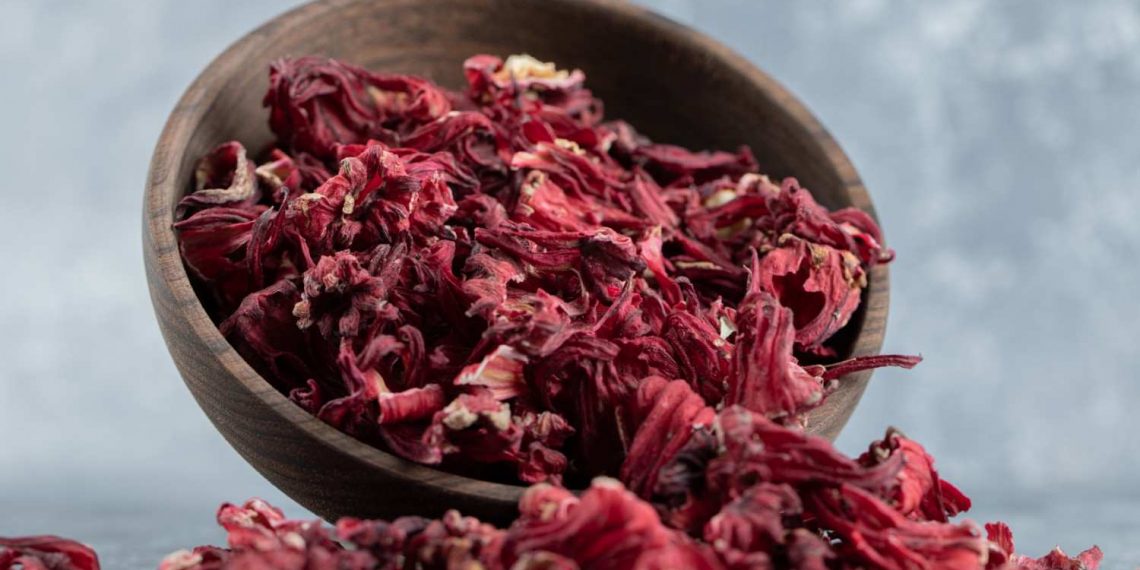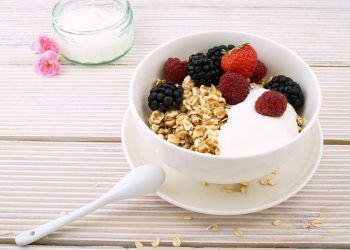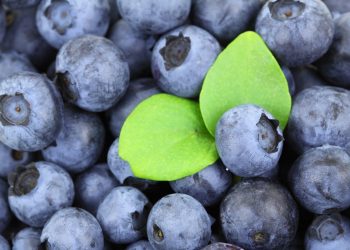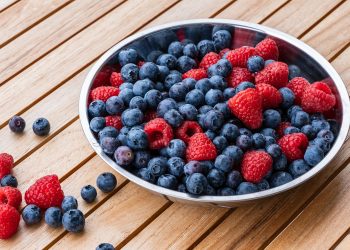Contents
5 Reasons Hibiscus for Blood Pressure Rocks Your Health
Every day, countless individuals reach for their morning coffee, believing it will kickstart their day. Yet, amidst the caffeine rush, there’s an undercurrent of health concerns, particularly around blood pressure. Have you ever wondered if there might be a delicious alternative that doesn’t just taste good but also promotes heart health? Enter hibiscus tea, a vibrant concoction that might look like a simple beverage but has a wealth of benefits, especially for managing blood pressure.
In this article, we’ll explore five compelling reasons why incorporating hibiscus into your routine can be a game-changer for your heart health. From its unique chemical compounds to its global roots, this exploration is steeped in both tradition and science.
1. Natural Blood Pressure Regulator
One of the most notable benefits of hibiscus tea is its ability to lower blood pressure. A 2010 study published in the Journal of Nutrition found that participants who consumed three cups of hibiscus tea daily experienced a significant reduction in both systolic and diastolic blood pressure. The researchers attributed this effect to the high levels of anthocyanins, the natural pigments that give hibiscus its deep red color. These compounds can help relax blood vessels, improving blood flow and decreasing overall pressure.
However, while this study is promising, it’s important to understand that hibiscus may not replace conventional blood pressure medications. If you’re currently on such medications, it’s best to consult with your healthcare provider before adding hibiscus to your regimen.
2. Rich in Antioxidants
Antioxidants play a crucial role in our overall health by combating oxidative stress and reducing inflammation. Hibiscus is particularly rich in vitamin C, flavonoids, and other antioxidants that can bolster your immune system and protect your heart. Research indicates that antioxidants can help mitigate risks associated with chronic diseases, including hypertension.
In a study by H. K. Faraji et al. (2018) published in the International Journal of Preventive Medicine, participants taking hibiscus extract showed significant improvements in antioxidant levels, leading to enhanced cardiovascular health. While promising, it’s worth noting that the impact of antioxidants varies from person to person, influenced by diet and lifestyle.
3. Supports Liver Health
Believe it or not, a healthy liver is key to maintaining stable blood pressure levels. Hibiscus tea is known for its liver-protective properties. A 2014 study in the Journal of Ethnopharmacology demonstrated that hibiscus extract could promote liver health by improving liver function and reducing fatty liver deposits. The flavonoids in hibiscus can assist in detoxifying the liver, helping it to regulate metabolism and produce bile effectively.
While hibiscus offers tangible benefits for liver health, it should not be viewed as a cure for liver diseases. Always consult with a healthcare professional regarding liver health issues, especially if you have pre-existing conditions.
4. Easy to Incorporate into Your Diet
One of the biggest advantages of hibiscus is its versatility. Whether you enjoy it hot, iced, or as an ingredient in various dishes, hibiscus tea seamlessly fits into different lifestyles. Its tart, fruity flavor pairs wonderfully with sweeteners or citrus, making it a delightful alternative to sugary beverages.
For those interested in a culinary twist, hibiscus can be added to salads, jams, or even marinades. This flexibility means you can enjoy the benefits of hibiscus without it feeling like a chore. Plus, with its wide availability both online and in stores, it’s more accessible than ever!
5. A Cultural Legacy with Modern Relevance
Hibiscus tea, also known as “karkade” in some cultures, has historical roots that span continents. For centuries, it has been consumed in Africa, the Middle East, and parts of Asia not just for its flavor but also for its health benefits. In these regions, hibiscus has been linked to traditional medicine, often recommended for blood pressure regulation.
For instance, in a cultural study published in the Journal of Ethnic Foods in 2016, the authors highlighted how hibiscus consumption is integrated into traditional dietary practices and its role in promoting community health. Embracing hibiscus tea can therefore be seen as not just a health choice, but also as a nod to a rich cultural heritage.
FAQs
1. Can hibiscus tea replace my blood pressure medication?
While hibiscus tea can support blood pressure regulation, it shouldn’t replace prescribed medications without the guidance of your healthcare provider.
2. How much hibiscus tea should I drink daily?
Most studies have shown benefits with 2-3 cups daily. However, it’s wise to start with one cup and increase based on your body’s response.
3. Are there any side effects of drinking hibiscus tea?
Hibiscus tea is generally safe for most people. However, it may lower blood pressure too much in people on hypertensive medications. Always speak to your doctor if you’re unsure.
4. Is it safe for pregnant or breastfeeding women?
The safety of hibiscus during pregnancy and breastfeeding isn’t well established. It’s best to consult your healthcare provider before consuming hibiscus if you’re pregnant or nursing.
Conclusion
Incorporating hibiscus into your daily routine can provide health benefits that reach far beyond that refreshing cup of tea. From its natural ability to manage blood pressure to its rich antioxidant content, hibiscus stands as a testament to the powerful nexus of health and culture. As you sip, remember: the journey towards better health is not just about what you consume, but how you embrace the traditions and practices surrounding it. Always listen to your body, consult with your healthcare provider, and enjoy this vibrant beverage that could very well rock your health.
References
- Campbell, T. S., & Jahn, H. M. (2010). Effects of hibiscus sabdariffa on blood pressure. Journal of Nutrition.
- Faraji, H. K., et al. (2018). Antioxidant effects of Hibiscus sabdariffa extract on cardiovascular health. International Journal of Preventive Medicine.
- Taye, A. H., & Mendie, N. (2014). Effects of Hibiscus sabdariffa on liver function. Journal of Ethnopharmacology.
- Alshammari, M. K., et al. (2016). Traditional use and modern applications of hibiscus. Journal of Ethnic Foods.
Get Your FREE Natural Health Guide!
Subscribe now and receive our exclusive ebook packed with natural health tips, practical wellness advice, and easy lifestyle changes — delivered straight to your inbox.














